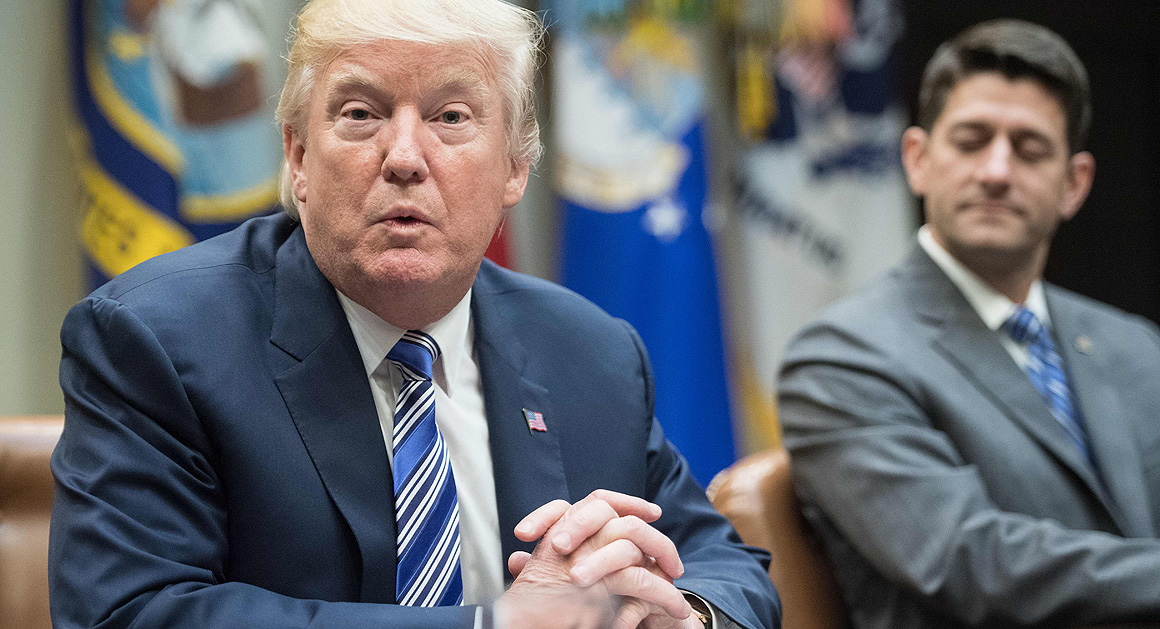
My Party Is in Denial About Donald Trump
In general, I question anyone that says something like “my Republican Party”. Really? Is it yours?
I have said for at least a decade that both of the big parties are actually smaller sub-parties that vie for control and typically band together for a common cause. The reality is that the majority trend of both parties was away from the American worker that has
- 2-3 kids,
- tries to remain faithful to his spouse,
- shows up for work on a regular basis but probably doesn’t love his/her job,
- tries to improve his/her home a little every year,
- tries to keep those kids out of jail,
- tries hard to get those kids through school and college,
- enjoys a good movie now and then,
- enjoys time with family and friends more than the movie though,
- and expects to pay his way through life while getting treated fairly by those around him/her.
When you abandon that huge demographic, expect to lose to someone that didn’t. That demographic is not always the most active group in politics because they don’t love politics and they probably don’t love government (just keep the criminals away from the family and make sure my roads get paved every decade or so). However, that demographic has been ignored for so long that their sub-parties in the Democrat and Republican camps abandoned their old comrades to band together to elect a person that they thought couldn’t hurt them more than the typical politician.
If you don’t like Mr. Trump being elected, start paying attention to this core of American families.
Here are a few select quotes from the article but it would be better if you click through and read it for yourself.
Who could blame the people who felt abandoned and ignored by the major parties for reaching in despair for a candidate who offered oversimplified answers to infinitely complex questions and managed to entertain them in the process? With hindsight, it is clear that we all but ensured the rise of Donald Trump.
—
But then the period of collapse and dysfunction set in, amplified by the internet and our growing sense of alienation from each other, and we lost our way and began to rationalize away our principles in the process. But where does such capitulation take us? If by 2017 the conservative bargain was to go along for the very bumpy ride because with congressional hegemony and the White House we had the numbers to achieve some long-held policy goals—even as we put at risk our institutions and our values—then it was a very real question whether any such policy victories wouldn’t be Pyrrhic ones. If this was our Faustian bargain, then it was not worth it. If ultimately our principles were so malleable as to no longer be principles, then what was the point of political victories in the first place?
—
So, where should Republicans go from here? First, we shouldn’t hesitate to speak out if the president “plays to the base” in ways that damage the Republican Party’s ability to grow and speak to a larger audience. Second, Republicans need to take the long view when it comes to issues like free trade: Populist and protectionist policies might play well in the short term, but they handicap the country in the long term. Third, Republicans need to stand up for institutions and prerogatives, like the Senate filibuster, that have served us well for more than two centuries.
We have taken our “institutions conducive to freedom,” as Goldwater put it, for granted as we have engaged in one of the more reckless periods of politics in our history. In 2017, we seem to have lost our appreciation for just how hard won and vulnerable those institutions are.
Source: My Party Is in Denial About Donald Trump – POLITICO Magazine